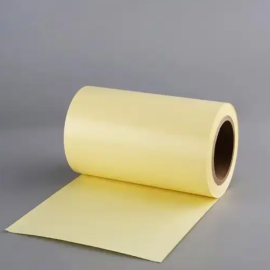In recent years, commercial aerospace has risen to prominence, with companies such as SpaceX promoting reusable rocket technology and reducing the cost of space exploration. The development of aerospace has not only led to technological advances in many fields, such as materials, electronics, and communications, but also provided new ideas to address global challenges, such as climate change and resource development. Why choose silicone coatings in aerospace?
Silicone coatings have excellent high-temperature resistance and can remain stable in environments of up to 300°C or more, effectively protecting high-temperature parts of aerospace vehicles, such as engines and turbines. Secondly, the silicone coating has excellent corrosion resistance, which can resist atmospheric corrosion, seawater corrosion, UV rays etc., and extend the service life of the equipment. In addition, it also has good electrical insulation properties, suitable for the insulation and shielding of electronic equipment, to ensure the stability of communication and navigation systems. At the same time, the lightweight properties of silicone coatings help reduce the weight of aerospace vehicles and improve fuel efficiency and flight performance. Finally, its processing performance is good, can meet the needs of complex shapes of parts manufacturing!
The following are five aspects of silicone coatings in aerospace applications.
- What are the performance advantages of silicone coatings?
- What are the applications of silicone coatings in aerospace?
- What are the technological developments of silicone in aerospace?
- What are the market trends in silicone aerospace?
- How to make silicone coating performance better?
1. What are the performance advantages of silicone coatings?
The core performance advantages of silicone coatings make them highly favored in the aerospace field, which are mainly reflected in the following aspects:
(1) High temperature resistance
Silicone materials have excellent high-temperature resistance properties and can maintain stable physical and chemical properties under extreme high-temperature environments. Its thermal decomposition temperature is much higher than that of traditional materials, which is suitable for high-temperature parts in aerospace. For example, the thermal decomposition temperature of some new silicone materials has reached over 600℃.
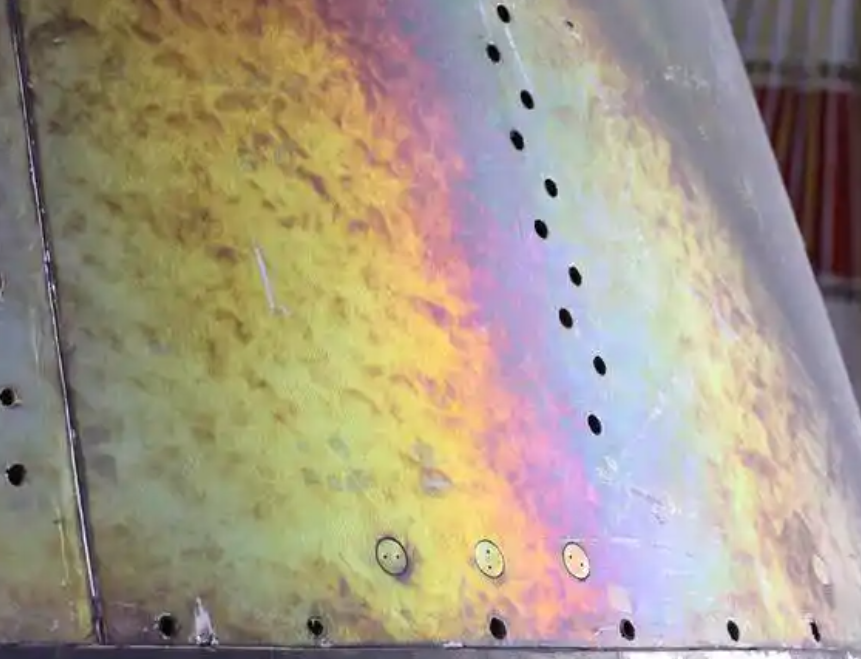
(2) Corrosion resistance
Silicone coating on acid, alkali, salt, and other corrosive media have good resistance and can maintain stability in the complex chemical environment. Through the introduction of special functional groups and cross-linked structure, its corrosion resistance is further enhanced.
(3) Electrical insulation properties
Silicone coatings have a low dielectric constant and low dielectric loss, which can effectively protect aerospace equipment from electromagnetic interference. Its excellent electrical insulation properties make it important in the field of electronic equipment packaging and shielding applications.
(4) Low surface energy and self-cleaning performance
The low surface energy characteristics of the silicone coating makes it has good waterproof, anti-fouling and self-cleaning performance, can effectively prevent the adhesion of dust and liquid, reduce maintenance costs.
(5) Mechanical properties
Silicone coating has good wear resistance and impact resistance and can withstand the mechanical stress generated by aerospace equipment in the operation process.
2. What are the applications of silicone coatings in the aerospace field?
2.1 Aero-engine
The aircraft engine is the core component of the aircraft, its working environment is extremely harsh, and the material of high temperature resistance, corrosion resistance, and sealing performance requirements are extremely high. Silicone resin can be used for coating and encapsulation of aircraft engine nozzles, turbine blades and housings to improve engine performance and durability. The applications of silicone coatings in aircraft engines mainly include:

(1) High-temperature sealing materials
Silicone sealing materials can withstand extreme high temperatures and high pressures to ensure the sealing performance of the engine. For example, in a certain type of aircraft engine, the use of new silicone sealing materials increased service life by 30% while reducing maintenance costs.
(2) Combustion chamber protective coating
Silicone coating can effectively resist high-temperature oxidation and corrosion, extending the service life of the combustion chamber.
XJY-8010A/B/8250A Methyl Phenyl Silicone Resin
Methyl phenyl silicone resin can be used in high-temperature resistant powder coatings and liquid coatings. The main feature of silicone resin is its excellent heat resistance, which hardly decomposes at 200℃ or even higher temperatures, and can be used to prepare all kinds of heat-resistant coatings, with heat-resistant insulation grade up to H class. Silicone resins have excellent weathering and UV resistance and can be used for powder and liquid coatings. Silicone resins have excellent weather resistance and provide all-around protection for equipment. Silicone resins have excellent weatherability and good adhesion. Silicone thin layers also have excellent weather resistance, ozone resistance, arc resistance, hydrophobic moisture resistance, salt spray resistance, mold resistance and other properties.

2.2 Aviation spacecraft surface coating
Silicone resin can be used for aircraft fuselage, wing surface and tail coating to protect the surface of the aircraft from the erosion and corrosion of the harsh flight environment.
The application of silicone coating on the surface of aviation spacecraft is mainly reflected in the following aspects:
(1) protective coatings
Silicone coating can effectively resist the erosion of high temperature, ultraviolet rays, acid rain, and other environmental factors to extend the service life of aviation spacecraft.
(2) Anti-icing and de-icing coating
The low surface energy characteristics of silicone coatings make them have good anti-icing and de-icing performance, which can effectively reduce ice adhesion and improve flight safety.
(3) Stealth Coating
Silicone coating, through special surface treatment and material modification, can realize the absorption and scattering of radar waves, improving the stealth performance of aviation and spacecraft.
2.3 Aerospace electronic equipment
Silicone resin can also be used for coating and encapsulation of aircraft fuel tanks, fuel pumps, aerospace electronic equipment, and other parts to protect them from corrosion and electromagnetic interference. Aerospace electronic equipment on the material insulation, thermal conductivity and electromagnetic shielding requirements are extremely high. Applications of silicone coatings in electronic equipment include:
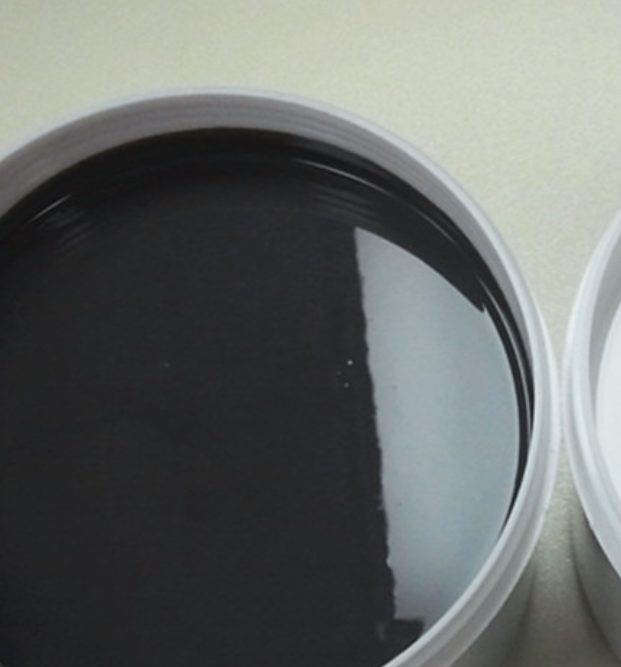
(1) Electronic packaging materials
Silicone coating can effectively protect electronic components from high temperatures, radiation, and corrosion, improving the reliability and service life of electronic equipment.
(2) Electromagnetic shielding materials
Silicone coating has good electromagnetic shielding performance and can effectively reduce electromagnetic interference to ensure the normal operation of electronic equipment.
2.4 Aerospace composite materials
Silicone resin can be used for coating and encapsulation of aircraft undercarriage and landing gear to improve their durability and corrosion resistance. For example, the landing gear of the Boeing 747 airplane is coated with silicone resin.
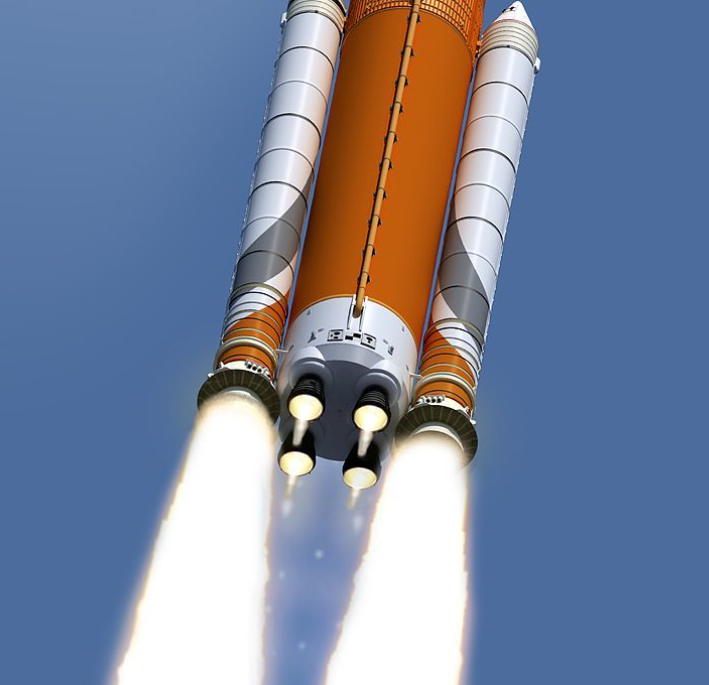
The application of silicone coatings in composite materials is mainly reflected in the following aspects:
(1) Composite material matrix
Silicone materials as the matrix or reinforcing materials of composite materials can significantly improve the strength, heat resistance and corrosion resistance of composite materials.
(2) Interface modification
Through surface modification technology, the silicone coating can improve the interfacial adhesion and overall performance of the composite material.
2.5 Thermal management system
Aerospace equipment generates a large amount of heat during operation, and the application of silicone coatings in thermal management includes:
(1) thermal interface materials
Silicone thermal interface materials can reduce the thermal resistance of electronic equipment, improve heat transfer efficiency, and extend the service life of equipment.
(2) Heat dissipation coating
Silicone coatings can achieve efficient heat dissipation performance through special thermally conductive fillers and nanotechnology.
3. What are the technological developments of silicone in aerospace?
(1) High performance
With the continuous development of aerospace technology, the performance requirements for silicone coatings are getting higher and higher. Through the optimization of molecular design and improved synthesis process, the new silicone coating of high temperature resistance, corrosion resistance, and mechanical properties are further enhanced.
The development of multifunctionalization of silicone coatings enables them to meet the needs of more fields. For example, through nanotechnology modification, silicone coatings can achieve antibacterial, self-cleaning, electromagnetic shielding, and other functions.
(3) Intelligent
Combined with the Internet of Things and big data technology, silicone coatings are developing in the direction of intelligence. For example, the development of silicone coatings with self-repair function can monitor and repair the damage of the coating in real time.
4. What are the market trends for silicone in aerospace?
(1) Growth in market size
With the continuous development of aerospace technology, the demand for high-performance silicone coatings continues to grow. The global market size of silicone materials in aerospace is expected to reach billions of dollars by 2025.
(2) Environmentalization and green manufacturing
With the improvement of environmental protection requirements, low-volatile organic compound (VOC) emission silicone coatings are gradually becoming mainstream. Green chemistry technology is widely used in the preparation of silicone coatings.
(3) Emerging application areas
Silicone coatings are expanding their application areas, especially in new energy aviation, space exploration, and smart material systems. For example, silicone coatings in aerospace thermal management, electronic equipment packaging, and biomedical applications are promising.
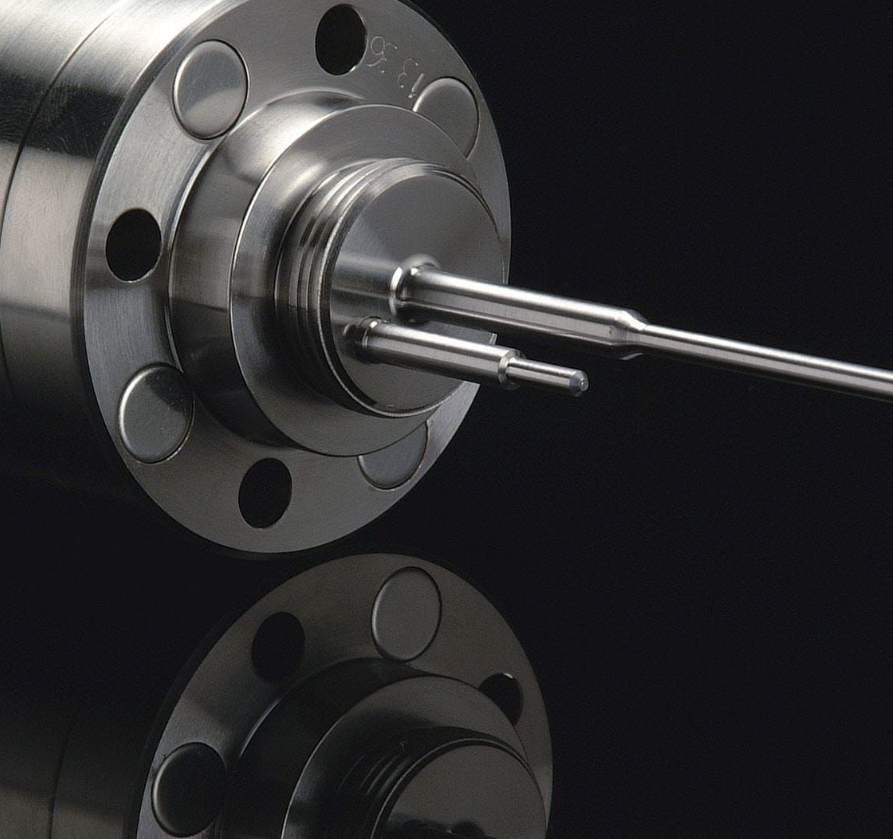
(4) Technology innovation drive
In the future, the development of silicone coatings will pay more attention to technological innovation, combined with nanotechnology, composite material technology, and intelligent manufacturing technology, the development of high-performance, multi-functional silicone coatings.
Silicone coating has been widely used in the aerospace field by virtue of its excellent high temperature resistance, corrosion resistance in prolonged exposure, electrical insulation, low surface energy, and other characteristics than other coatings. With the continuous progress of technology and increased market demand, silicone coatings will continue to develop in the direction of high performance, multifunctionality, and intelligence.
5. How to make silicone coating perform better?
The aerospace industry is an important field of silicone resin coating applications. Silicone resin can be used for coating and encapsulation of many parts of aircraft and spacecraft. Silicone resins are widely used in the aerospace industry to improve the performance, durability, and safety of airplanes and spacecraft and, therefore have important market prospects in this industry. Silicone coating can also be used as a silicone roof coating(silicone roof coating systems for existing roof and metal roofs) to extend roof life and stand up to ponding water better than modified bitumen. do not need multiple coats. How to improve the competitiveness of your products?
XJY-Silicone is one of the leading silicone MQ resin and VMQ silicone manufacturers in China, with more than 30 years of R&D and manufacturing experience in the silicone industry and more than 15 related patents and technical support. Our silicone raw material products can meet the needs of the silicone coating field and provide diversified, customized solutions for qualified industrial users.



